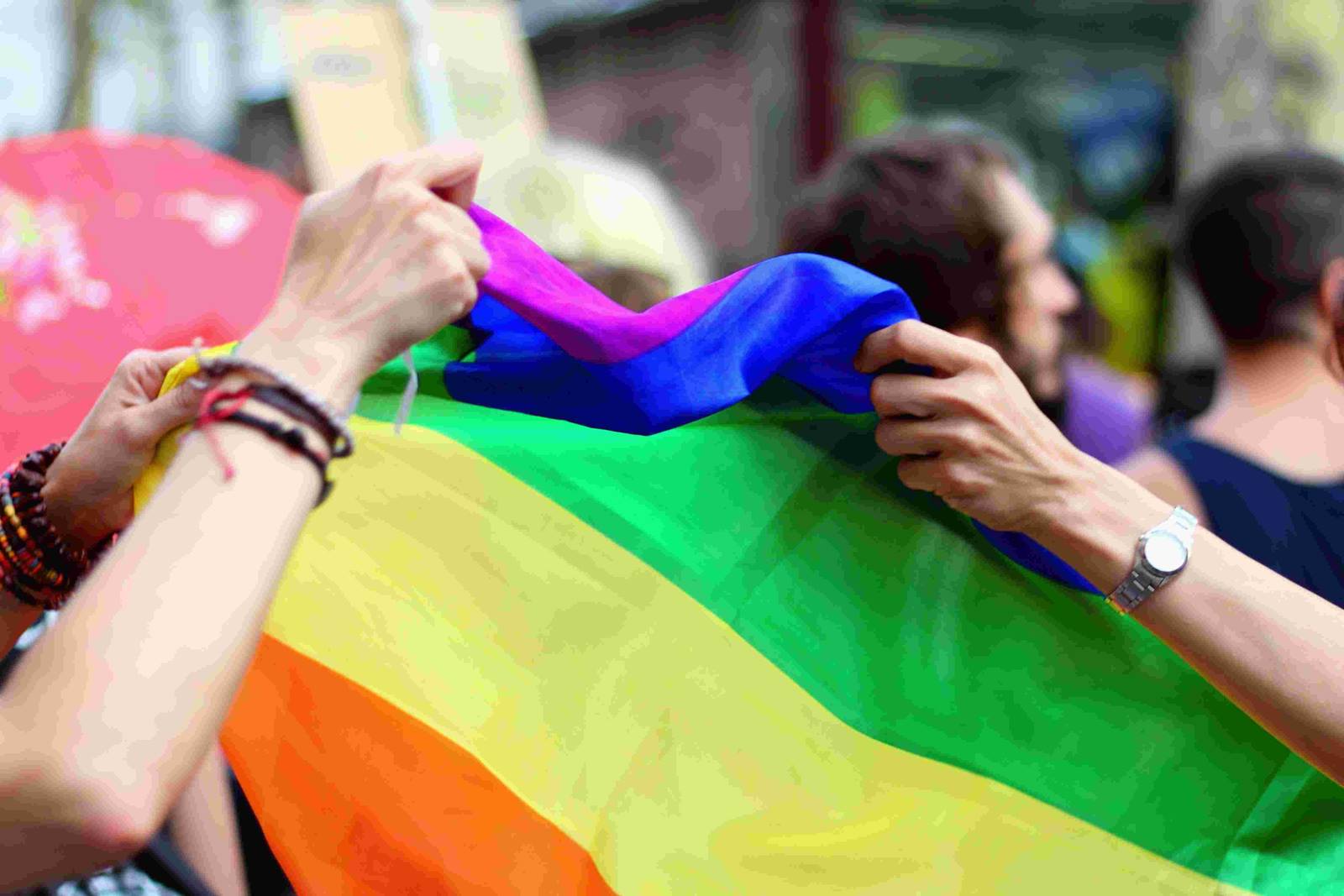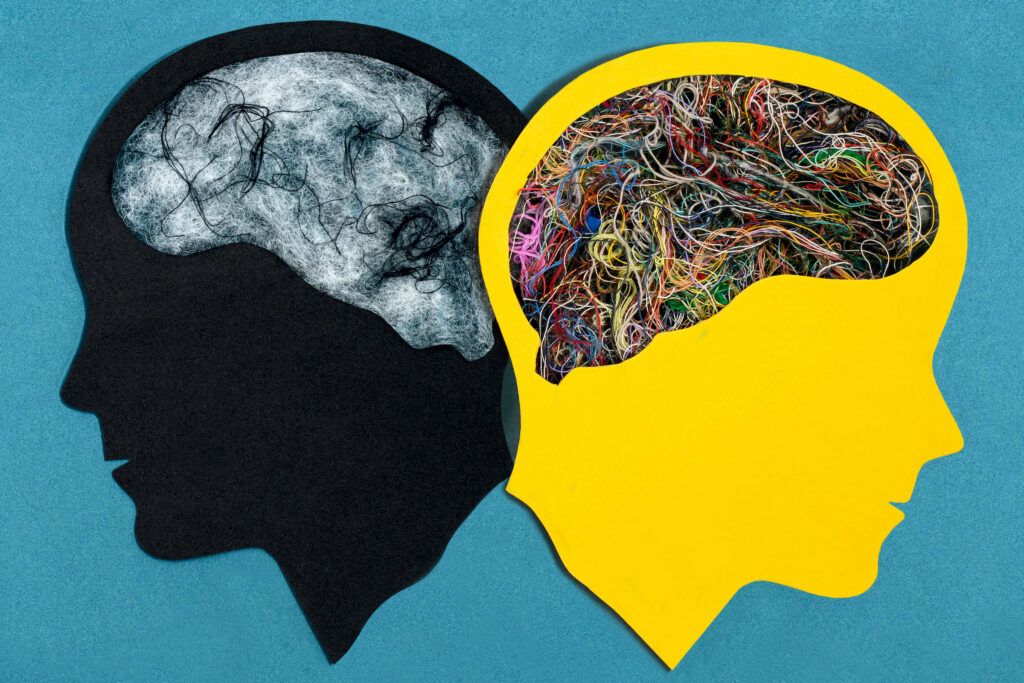
The existence and depiction of LGBT stories in literature have risen, shedding light on varied storylines that run through the fabric of human experience. This exploration explores the multifaceted aspects of reading LGBT literature, examining its impact on readers, its role in fostering inclusivity, and the dialogue it sparks in society.
Reflective Mirror of Literature
Literature, at its core, mirrors the diverse experiences that shape human existence. It draws readers into characters’ lives from many origins, expanding their awareness of the world. In this environment, LGBT stories broaden the canvas by bringing to light stories that have long been marginalized.
Fostering Empathy and Understanding
Reading LGBT stories is fundamentally about cultivating empathy. These anecdotes provide glimpses into people’s lives confronting discrimination and societal problems, opening the way for greater understanding and connection across diverse life pathways. Consider the experience of a transgender character negotiating the challenges of self-acceptance in a world that frequently refuses to acknowledge their status. By immersing themselves in such a story, readers might acquire insight into the hardships and successes of people whose experiences may differ.
Empowerment Through Representation
For members of the LGBT community, seeing their experiences reflected in literature can be extremely empowering. For example, consider the impact of reading a story with a lesbian protagonist who challenges preconceptions and confidently accepts her sexual identity. Such narratives can serve as beacons of hope for readers struggling with their identities, demonstrating that they are not alone and their stories need to be heard.
Challenges and Resistance


Despite the benefits, others oppose reading LGBT literature. This section discusses some people’s reluctance or outright rejection to study these topics, typically motivated by prejudice or misunderstanding.
The Importance of Challenged Preconceptions
Reading LGBT stories is about acknowledging the diversity of human experiences rather than advocating a specific viewpoint. It entails challenging preconceived beliefs and acknowledging the complexities of identity. Individuals with prejudices about homosexuality, for example, can benefit from reading narratives that humanize LGBT characters by highlighting their ambitions, dreams, and problems.
Enriching the Cultural Tapestry
These stories can play an important role in social evolution by extending literary horizons and encouraging understanding and acceptance. Consider the impact of a work that delves into the intersections of race, sexuality, and identity, providing readers with a realistic depiction of the struggles that characters experience while navigating various layers of oppression. Readers might understand the rich tapestry of human experiences by reading such stories and developing empathy for people whose stories are frequently forgotten or ignored.
The Effect on Mental Health and Social Perceptions


Reading LGBT literature does more than entertain; it has tangible effects on individuals’ well-being and society’s views.
A Boost to Mental Health and Well-Being
LGBT stories can provide readers comfort and resilience, especially as they navigate their identities. For example, studies have found that exposure to favorable representations of LGBT characters in literature can boost self-esteem and lessen feelings of loneliness among LGBT people. Readers can gain validation and affirmation by seeing themselves reflected in stories of love, courage, and resilience, which fosters a sense of pride and belonging.
Education and Allyship
Literature is a strong teaching tool that provides insights into the LGBT community’s hardships and successes. This section emphasizes the value of knowledgeable allies and the significance of literature in creating solidarity. Consider the impact of a memoir detailing the experiences of a transgender activist fighting for equality and justice. Reading such accounts can help people obtain a greater awareness of the systemic challenges that the LGBT community faces, allowing them to fight for change. Furthermore, literature can spark debates about allyship, enabling people to consider their privileges and biases and take effective action to support oppressed communities.
Approaching LGBT Stories With Sensitivity
As we celebrate the diversity of LGBT literature, treating these stories with the attention and respect they deserve is critical.
Avoiding Stereotypes for Authentic Representation
This section warns against reducing LGBT characters to simple stereotypes, instead pushing for representations that convey the entire breadth of individual experiences. For example, rather than portraying homosexual characters only through the lens of their sexuality, writers should attempt to represent them as fully formed humans with goals, fears, and aspirations that go beyond their sexual orientation. By avoiding stereotypes and embracing authenticity, writers can create narratives that connect with readers, encouraging empathy and understanding.
The Intersectionality of Identities
Recognizing the various layers of identity, this area advocates for an intersectional approach to reading and debating LGBT literature, ensuring that all perspectives, particularly those most marginalized, are heard and appreciated. A novel, for example, that covers the experiences of a transgender person of color navigating discrimination and prejudice within both the LGBT community and society as a whole brings insight into the interlocking kinds of oppression that marginalized people endure. Literature can question prevailing narratives and promote a more inclusive view of identity and experience by emphasizing the voices of individuals who have traditionally been marginalized.
Conclusion
The journey through LGBT stories involves learning, empathy, and understanding. By connecting with these accounts, readers expand their perspectives and contribute to a greater cultural change toward inclusiveness and acceptance. Through literature, we have the potential to transcend differences and celebrate the full spectrum of human experience, advancing towards a society where every narrative is valued and every voice is heard.
In essence, reading LGBT stories is an amusement and a gateway to friendliness, understanding, and social change. By embracing variety in literature, we can build a more inclusive and compassionate world where every individual’s narrative is acknowledged, appreciated, and cherished. So, the next time you pick up a book, remember the significant impact that reading LGBT stories can have on your perspective and the world around you.
